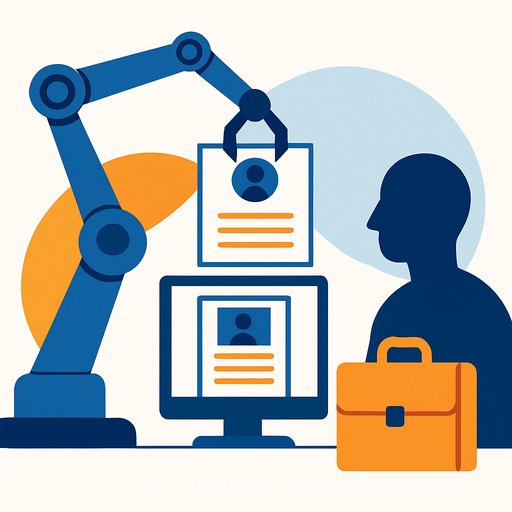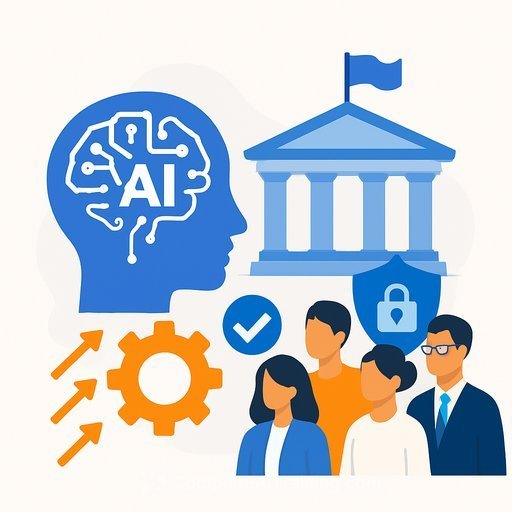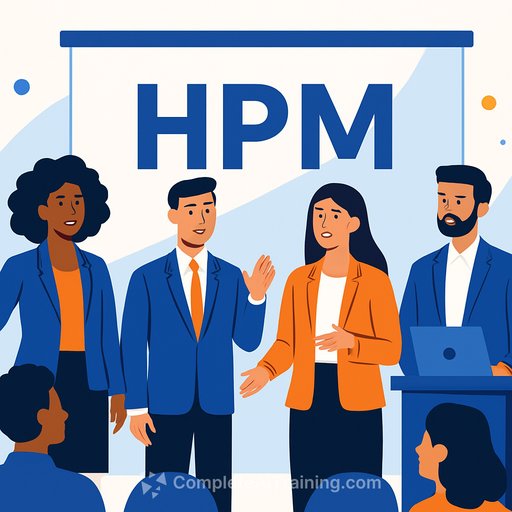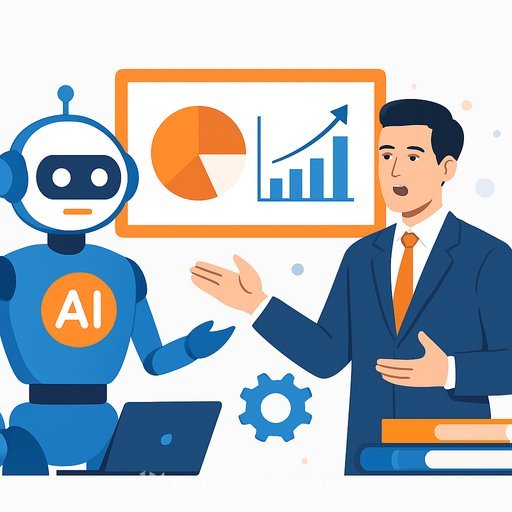The Job Market Is Hell
Young candidates are caught in a loop: they use AI tools like ChatGPT to craft job applications, while HR departments rely on AI to screen these very applications. The outcome? Few are landing jobs.
Take Harris, a recent UC Davis graduate. His résumé checked every box: a paid internship, years volunteering for environmental causes, diverse work experience, a near-perfect GPA, and strong recommendations. He was willing to relocate anywhere on the West Coast and accept any role—from part-time to seasonal. He applied to 200 jobs and heard back from almost none. Many employers never responded.
This experience reflects a broader trend. Despite strong corporate profits, a low unemployment rate of 4.3%, and rising wages, hiring has stalled. Payroll growth has been flat for four months, with the hiring rate dropping to its lowest since the recovery after the Great Recession. Whereas employers once added four or five workers per 100 employees monthly, now they add just three.
What HR Professionals Need to Know
AI tools are reshaping both sides of the hiring process. Candidates increasingly rely on AI to draft applications, while recruiters use AI-driven systems to filter them. This double layer of automation can obscure genuine talent and create frustration on both ends.
- Application volume is overwhelming: Thousands of AI-enhanced resumes flood systems daily, making it harder to identify quality candidates.
- Automated screening may miss nuance: Standardized AI filters can overlook unique experiences or skills not easily quantified.
- Communication gaps grow: Candidates often receive no response, increasing disengagement and damaging employer brand.
HR teams should consider balancing AI efficiency with human judgment. This means reviewing AI screening parameters regularly and ensuring candidates receive timely updates. Developing processes that recognize diverse experiences beyond keyword matching can improve hiring outcomes.
For HR professionals looking to enhance their AI skills and better integrate these tools, targeted training courses can provide valuable insights and practical techniques. Explore specialized AI training for HR roles to stay ahead in this evolving landscape.
The Bottom Line
The current job market presents challenges intensified by AI's double role in hiring. HR professionals are tasked with adapting their processes to ensure fairness, transparency, and efficiency. By combining technology with thoughtful human oversight, it’s possible to break the cycle of silence and frustration that many job seekers face.
Your membership also unlocks:






